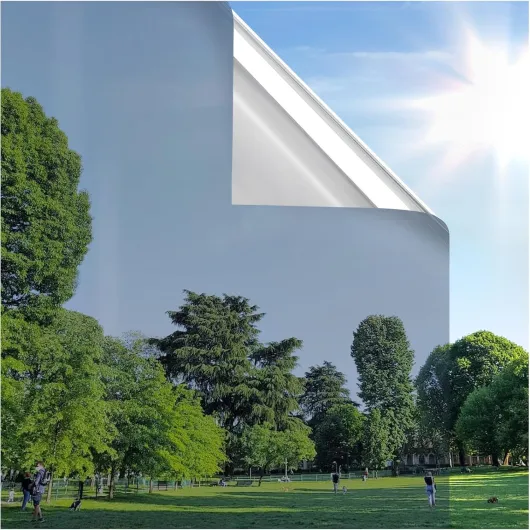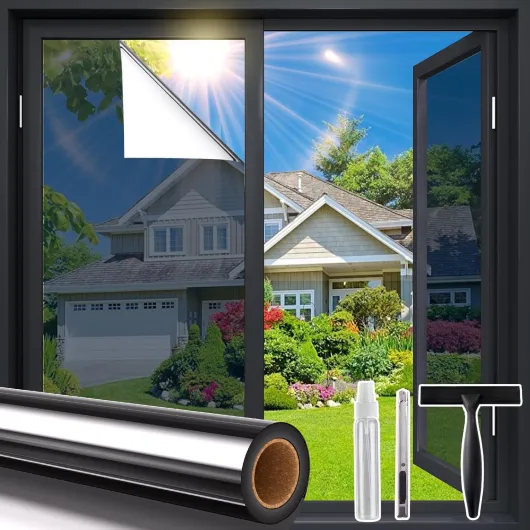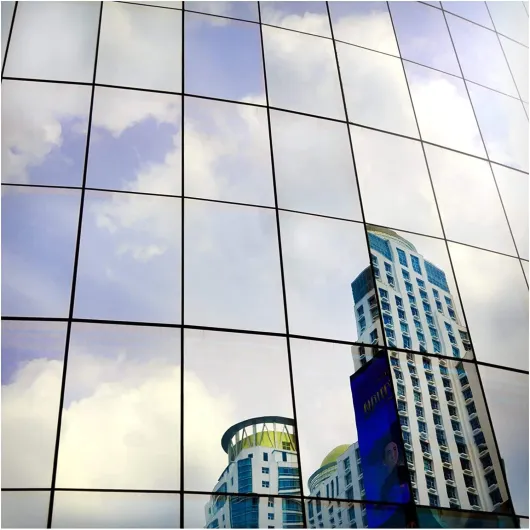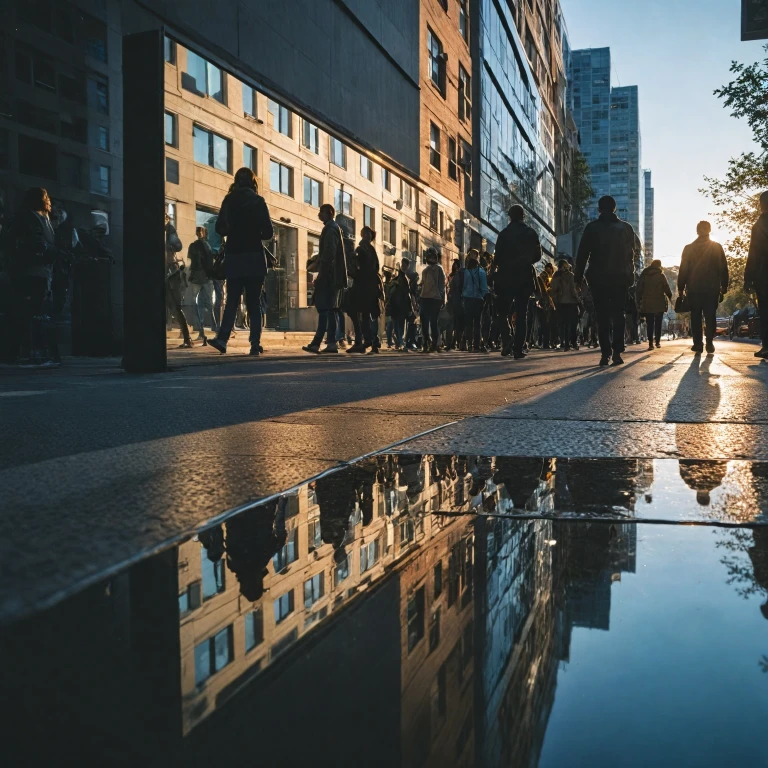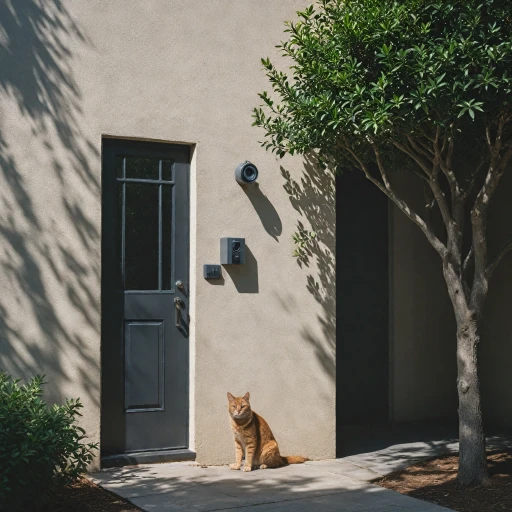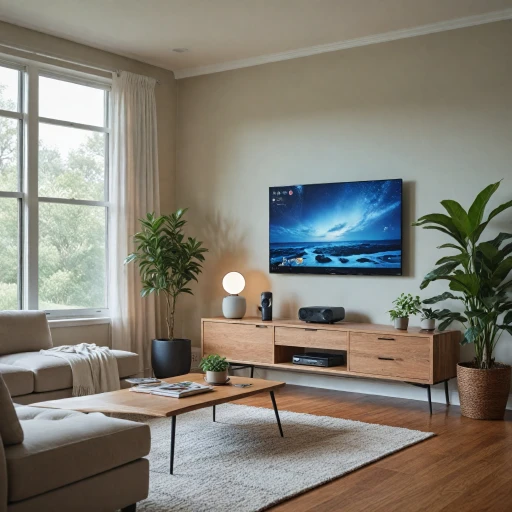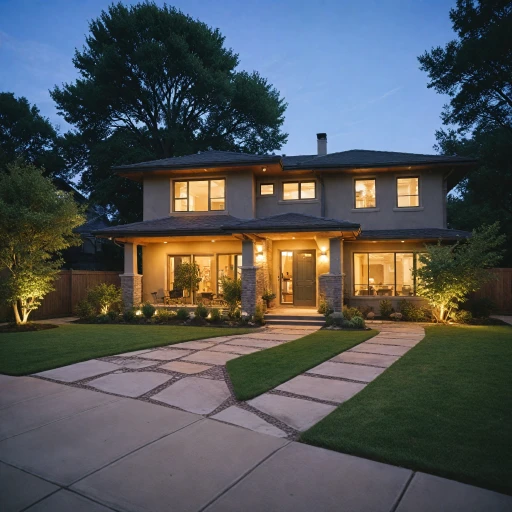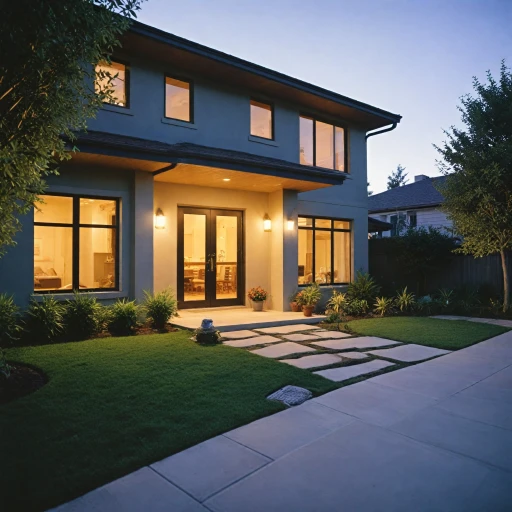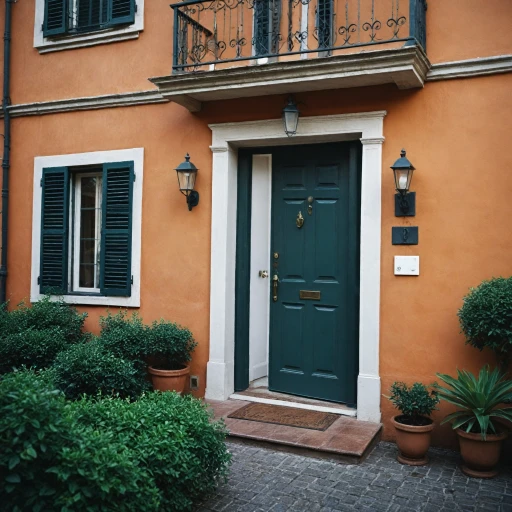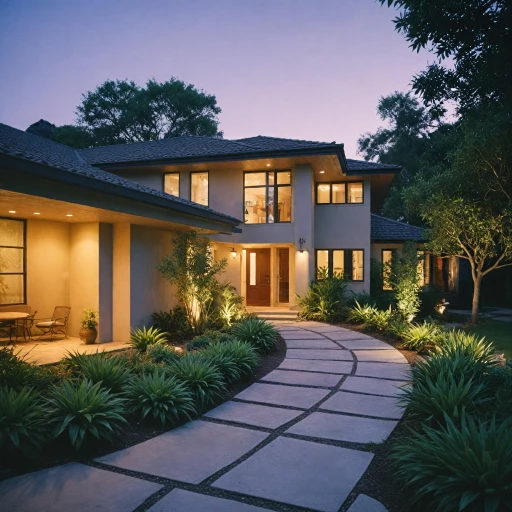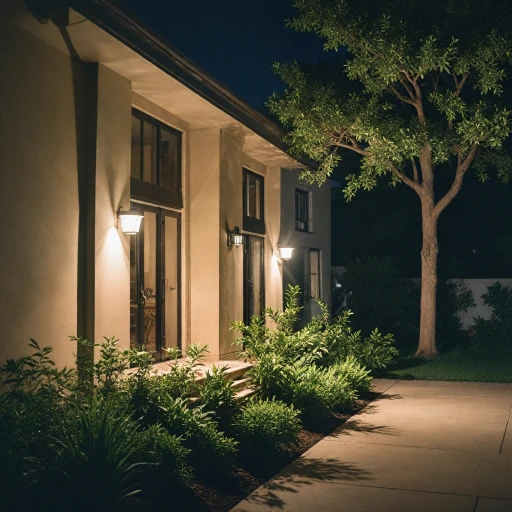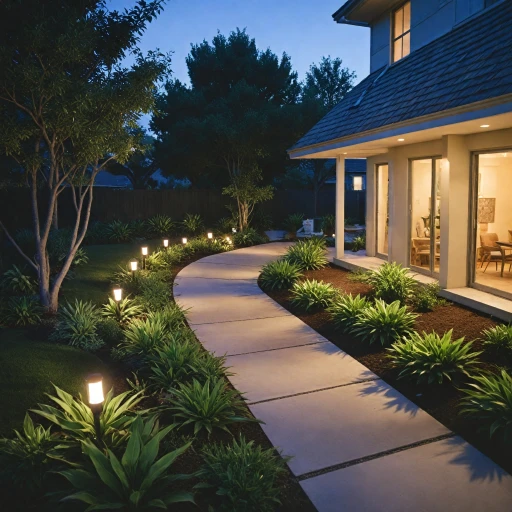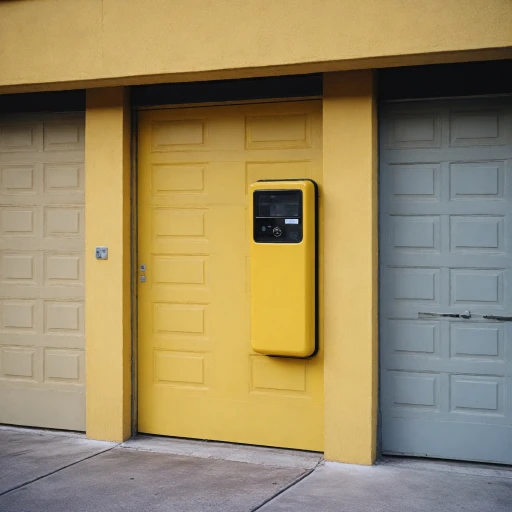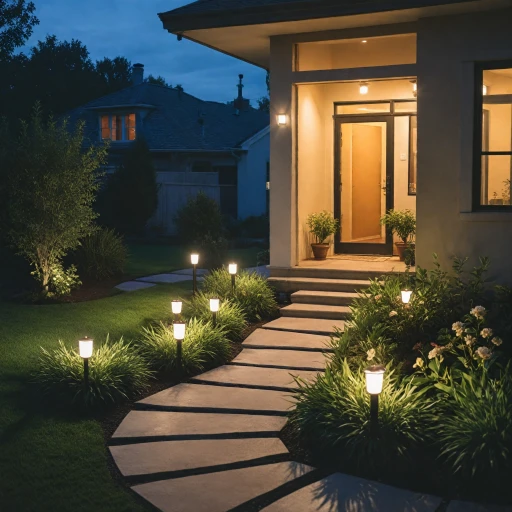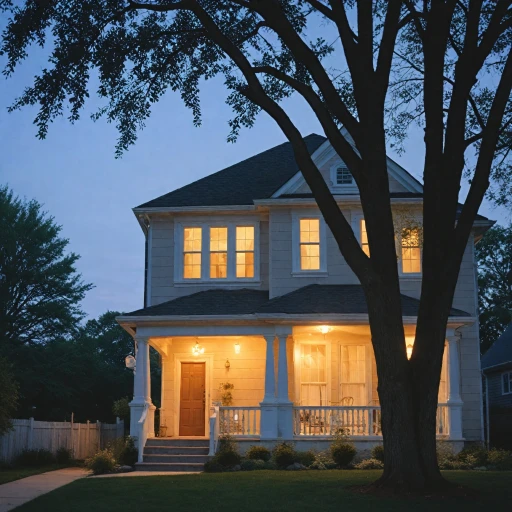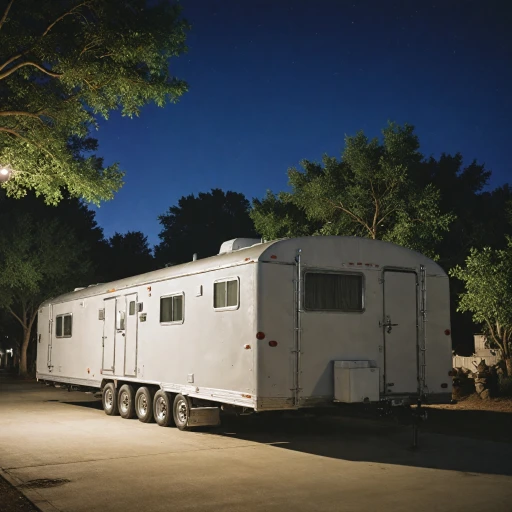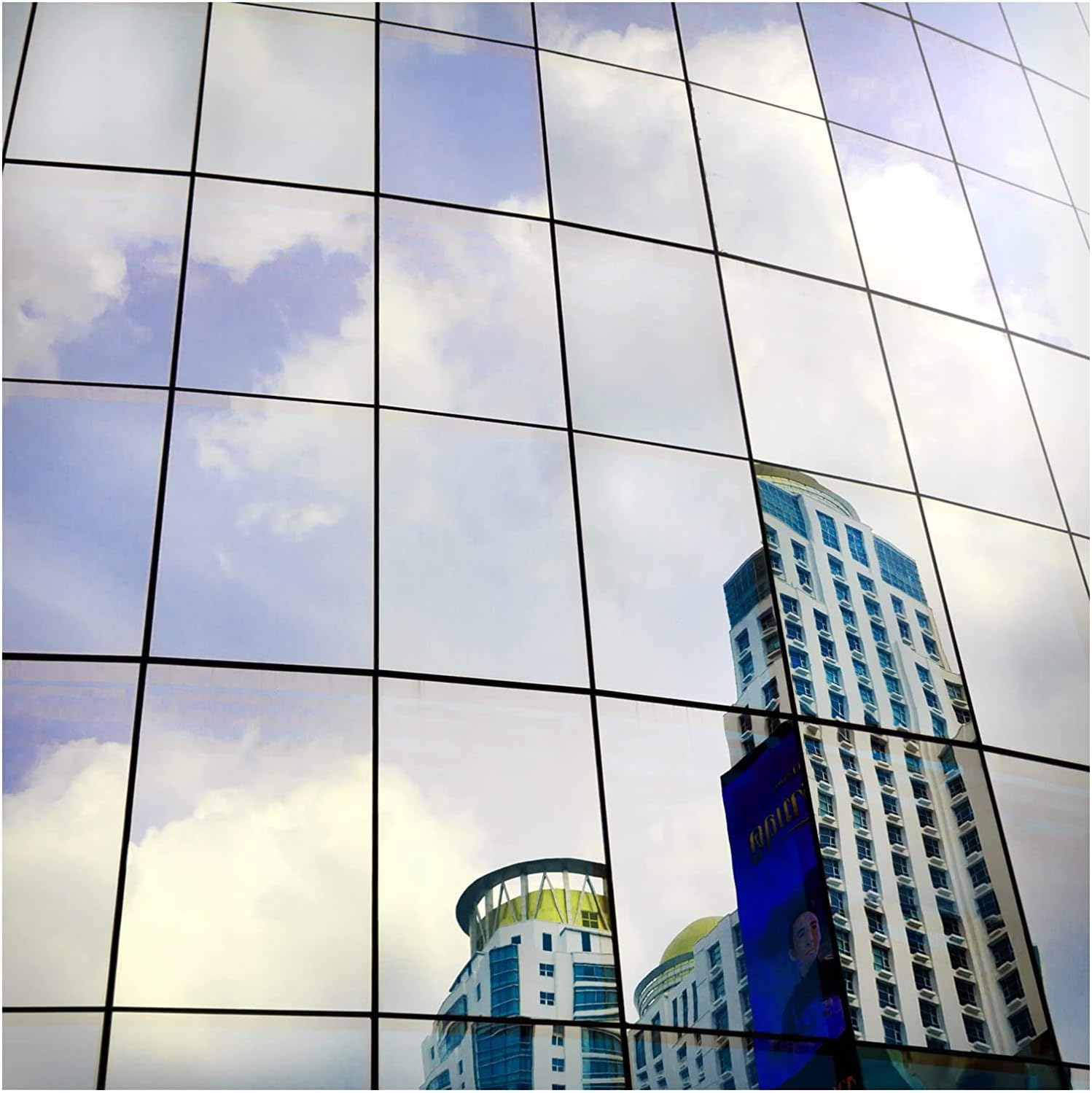
Understanding Mirrored Film and Its Uses
The Role of Mirrored Film in Privacy Protection
Mirrored film, commonly applied to windows, serves as a privacy-enhancing solution by creating a reflective effect on the glass surface. This unique feature gives windows a mirrored appearance from the outside during daytime, while still allowing light to pass through. The extent to which this film achieves its primary function relies heavily on lighting conditions. During the day, when outside light is brighter than inside, the mirror effect prevails. However, at night, this effect flips due to stronger interior lighting. Mirrored film is often used to improve privacy around homes, where it acts as a modern alternative to traditional privacy methods like curtains or blinds. Its reflective nature makes it difficult for individuals outside to see in, offering full privacy without hampering the enjoyment of natural light. Additionally, this type of film comes in various colors and levels of reflectivity, making it adaptable for different aesthetic preferences and security needs. When considering the use of mirrored film, it's crucial to account for security implications, especially how the film works with security cameras. The reflective surface can potentially interfere with camera functionality, particularly affecting motion detection and night vision capabilities. Understanding how mirrored film interacts with these systems is essential for maintaining a balanced approach to privacy and security in your home. To explore how enhanced security measures can accompany mirrored film, visit this article on secure video login options for home security cameras. As mirrored film becomes a popular choice for privacy, weighing its advantages against potential security drawbacks is vital. Although this film offers significant benefits, discussing alternatives and expert recommendations will help in making informed decisions for your unique situation.How Mirrored Film Interacts with Security Cameras
Interaction between Mirrored Film and Security Cameras
Understanding how mirrored film interacts with security cameras is crucial for anyone considering its use for privacy enhancement. These films, while effective in reducing visibility, create a unique dynamic with security cameras, particularly when considering factors such as lighting and time of day. During daylight hours, mirrored film applied to a glass window can effectively create a reflective surface, obscuring the interior view. The reflective qualities of the film work by bouncing external light back to its source, thus minimizing what can be seen from the outside. However, at night or in low lighting conditions, the situation changes significantly. At night, all glass windows with mirrored films may not offer the same level of privacy if the interior is brightly lit, as light from inside the house can cause the film to lose its reflective property. Security cameras positioned outside during such times might have an easier time capturing the indoors, compromising privacy if the lighting conditions aren't managed correctly. For those relying on these films for enhancing privacy, incorporating additional privacy films, such as frosted film, or using curtains or blinds can be beneficial. This strategy can provide full privacy and bolster security, especially when combined with proper lighting management. Moreover, the performance of these films is heavily influenced by the angle and range of the security camera. Cameras with advanced features, such as motion detection and smart night vision capabilities, may still have the capacity to penetrate reflective films under certain conditions. Understanding these nuances helps in strategically positioning your cameras and better enhancing your security setup. For more insight into utilizing tools like door chimes in conjunction with security solutions, consider checking out enhancing security by choosing the right door chime for your business.Advantages of Using Mirrored Film for Privacy
Benefits of Enhancing Privacy with Reflective Films
When it comes to enhancing privacy within your home, mirrored film can be particularly effective. This specialized window film is designed to reflect light, creating a one-way mirror effect that allows you to see out without letting others see in during the day. This feature is beneficial for maintaining privacy in high-traffic areas or on the ground floor of your home. Reflective films are versatile and can contribute to a modern, sleek look by giving your windows a mirrored finish. The films work by utilizing the disparity in lighting conditions; when exterior lighting is brighter than the inside, mirrored film will block the view from outside while allowing those indoors to maintain visibility outside. It's a practical solution if you're seeking a balance between privacy and maintaining a connection to the outdoors. Additionally, the mirror-like quality of these films can contribute to energy efficiency. By reflecting sunlight, they reduce the heat entering through your glass windows, thus potentially lowering cooling costs in warmer climates. The privacy benefits of mirrored film are further enhanced when complemented with smart security cameras that adapt to lighting conditions. For strategies on using motion sensor technology to improve home security, check out this insightful guide on how to enhancing home security with motion sensor technology.Potential Drawbacks of Mirrored Film for Security
Possible Downsides to Consider When Using Mirrored Film
While mirrored film provides certain privacy benefits, it's important to weigh its potential drawbacks, especially in relation to security cameras and window protection. Understanding how these films interact with various factors will help in making an informed decision.
- Reduced Visibility: During the daytime, mirrored film can effectively block the view inside, enhancing privacy for glass windows. However, as lighting conditions change, especially at night, the film's reflective properties may work against you. With interior lighting on, the film will become less effective, making it easier for outsiders to see in.
- Impact on Night Vision Cameras: Home security cameras equipped with night vision capabilities may experience issues. The reflective nature of privacy films can sometimes cause glare or obstructions, impacting the camera's ability to capture clear footage at night. This reduction in visibility may compromise security measures.
- Color and Aesthetic Concerns: Mirrored films often come with a metallic tint, altering the appearance of windows. While some might find this enhancement appealing, others may prefer the natural look of their glass. Depending on the film’s color, it might not blend well with all home exteriors.
- Limited Effectiveness Without Proper Lighting: These films rely heavily on lighting conditions to function optimally—reflective during bright light and less so under dim conditions. This means that time privacy benefit fluctuates with external and internal light sources, which may not work as well in areas with inconsistent daylight.
- Challenges with Installation: Applying film correctly requires precision to ensure it adheres smoothly and presents a clean, mirror-like finish. Improper application or low-quality film can lead to bubbles or peeling over time.
Considering these potential challenges, some might opt for complementary solutions like curtains or blinds, or alternative privacy window films such as frosted film, to balance privacy with security needs. These alternatives can be particularly valuable when looking for full privacy day and night.
Alternative Solutions for Enhancing Privacy
Privacy Strategies Beyond Mirrored Film
Incorporating mirrored film for privacy is one option, but there are several alternative solutions to explore if you're considering enhancing your home's privacy without compromising security. Here are some viable options that might work for different needs and preferences:- Privacy Window Films: Frosted films offer a great solution by allowing light in while obscuring the view from outside. They work effectively day and night, maintaining privacy without interfering with your security cameras.
- Smart Glass Technology: Consider smart glass windows that change opacity with a flick of a switch. This advanced option provides privacy and lighting control simultaneously, but it may come at a higher cost.
- Reflective Films: These films mirror the outside during the day, reflecting light away from windows, and maintaining privacy. Note that under low lighting conditions or at night, their effectiveness may lessen.
- Curtains and Blinds: Traditional but effective, curtains and blinds let you control visibility and light levels with ease. Pairing them with smart home devices can automate privacy settings based on time or motion.
- Exterior Solutions: Landscaping with hedges or installing privacy fences can augment your privacy without affecting security camera lenses or visibility.



